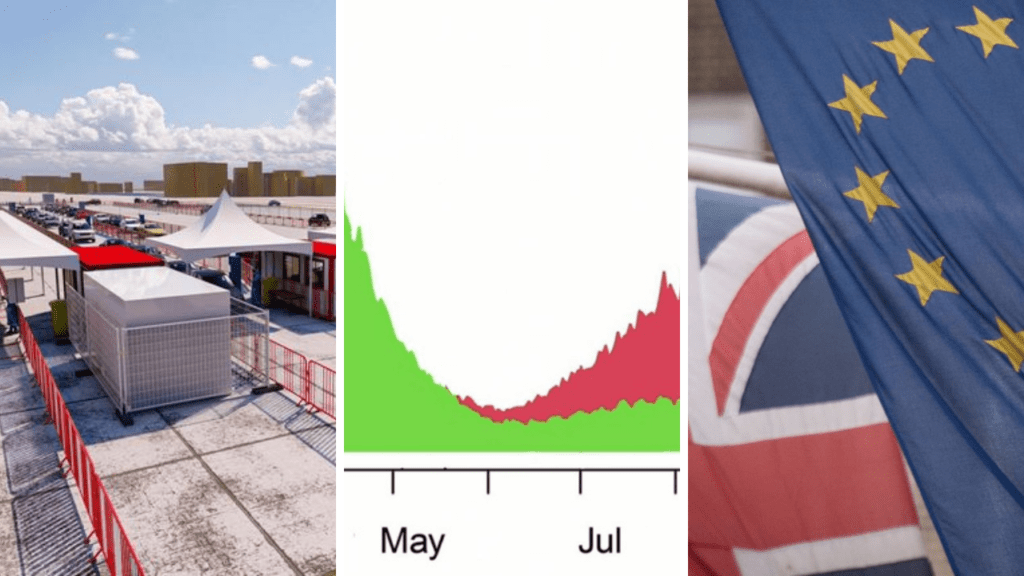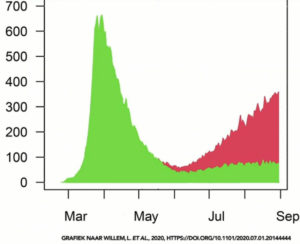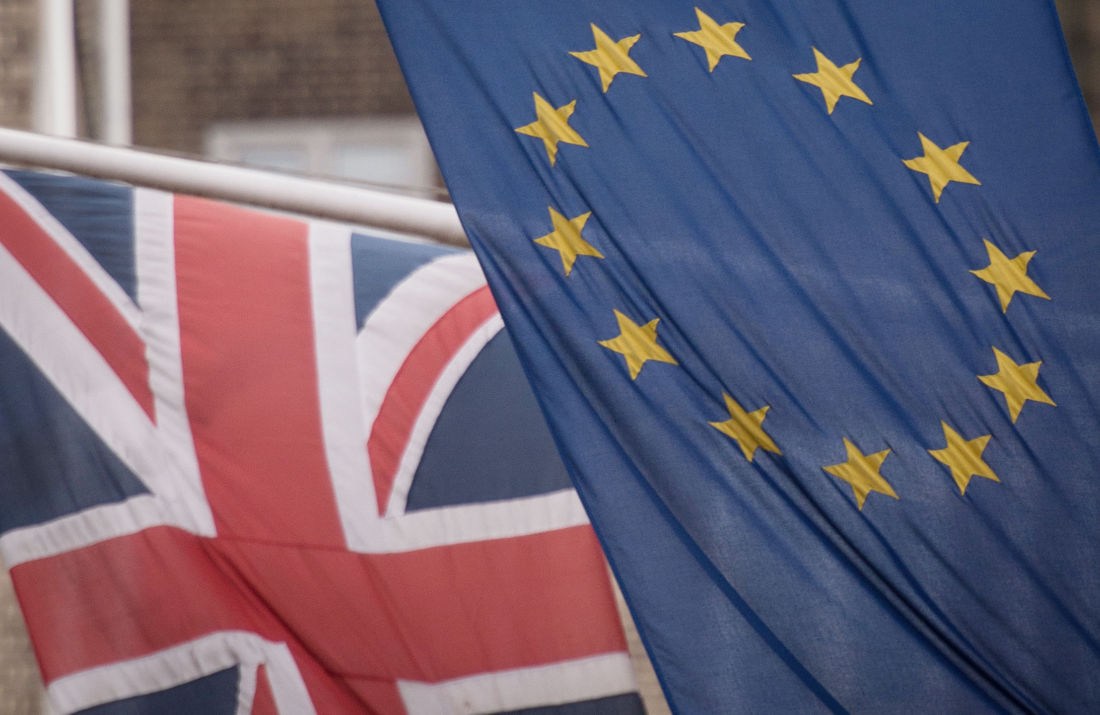“The various curves are still going up, and they are going to keep doing that for a few more days,” said Yves Stevens, spokesperson for the Crisis Centre.
That's a pretty apocalyptic statement on the face of it, but ultimately it comes down to a question of time and approach. As Stevens put it, “we will only start seeing the decrease if we all follow the new measures.”
While ultimately it remains difficult to predict what will happen, politicians and officials across Belgium seem agreed that if things do not change for the better, there is a chance that things will get more strict.
After several countries issued new restrictions for travellers from Belgium in the past days, virologist Marc Van Ranst made it clear that he believes other countries will implement similar measures.
Travellers going from Belgium to Lithuania, Latvia and Estonia have to quarantine for 14 days before being allowed to move around, The Netherlands told its citizens not to travel to Antwerp, and Norway has changed Belgium from Code Green to Code Red, meaning travellers from Belgium arriving in Norway will have to spend 10 days in quarantine from 1 August.
These countries are not wrong to implement additional restrictions, according to Van Ranst, who said that others will “without a doubt” follow, he told Het Laatste Nieuws.
Add to this the ongoing debate on Belgium's rolling local measures - and the hanging threat of 'Antwerp like' measures for other provinces and cities - and you have a situation hard to keep track of.
With that in mind, however, let's have a look at the more concrete news of the day as you enter into a weekend of reduced social contact, curfew and masks
1. Belgian average rises to 371 new coronavirus infections per day, hospital admissions keep rising
An average of 370.6 people per day tested positive for the new coronavirus (Covid-19) in Belgium during the past week, according to figures by Sciensano on Friday.
The trend of new infections per day has risen by 62% over the period from 21 to 27 July, compared to the average of 299.4 new infections the week before.
The total number of confirmed cases in Belgium, since the beginning of the pandemic, is 68,006. The total reflects all people in Belgium who have been infected, and includes confirmed active cases as well as patients who have since recovered, or died from the consequences of the virus. Read More
2. Reducing contact bubbles is having direct impact on Belgian hospitals
Limiting your social contacts and sticking to the new measures has a direct effect on the number of people admitted to hospital, shows a new graph presented by the National Crisis centre during a press conference on Friday.
The graph shows the effects of reducing your social contacts according to the new rules, and was created by the University of Hasselt and the University of Antwerp.
“The red curve shows the approximate number of people that would be admitted to hospital if we would continue with a social ‘bubble’ of 15 others per week,” said Boudewijn Catry, spokesperson for Sciensano. Read more.
3. Brussels could begin curfew if things get worse, Health Minister warns
Similar measures as in Antwerp, including a curfew, are not ruled out in the Brussels Region if the coronavirus figures continue to rise, according to Brussels Health Minister Alain Maron.
Maron said that he is “worried” about the rising figures, but also said that most infections concern clusters in specific municipalities.
“Only when the figures are rising, in general, do you get measures such as in Antwerp: ensuring that fewer people move around and making masks compulsory on the public domain,” Maron said, adding that “a curfew is not excluded.” Read More.
4. Brexit: UK launches information campaign for nationals living in Belgium
The British Foreign Office launches a campaign on Friday to inform its nationals living in Belgium about the steps they need to take “to protect their rights” ahead of the end of the Brexit transition period, set for 31 December.
This is part of a Europe-wide campaign and focusses in particular on access to health care services, validating a driving licence, obtaining a passport or obtaining a residence permit. Read more.
5. Vaccination syringes and needles – Belgium’s next shortage?
The Brussels-based European Biosafety Network (EBN) has warned that the arrival of a vaccine against the coronavirus Covid-19 could be met by a Europe-wide shortage of adequate syringes and needles.
The EBN is an association of “interested parties committed to biological and occupational safety in healthcare throughout the European Union”. The warning is published on its website.
A vaccine is expected to be available by the end of the year or early 2021, but not on quantities sufficient for the whole world, the EBN says. Read More.
6. Inside Belgium’s strategic plan for a second coronavirus wave
Belgium’s federal government has drawn up a strategic plan to deal with a second wave of coronavirus infections in Belgium and prevent the errors of the first wave, the RTBF reports on Thursday.
The government wants to avoid a second wave altogether, keep it contained where necessary and, if not, manage the crisis.
The 83-page document sets out the government’s long-term ambitions, including for buying and distributing a future vaccine against the coronavirus. The authorities also elaborate on how they are going to tackle seasonal flu. Read more.
7. Antwerp to open own coronavirus ‘test village’ next week
The city of Antwerp will open its own “test village” where up to 4,000 people per day can go to get tested for the new coronavirus (Covid-19) from next week.
With the “test village,” the city wants to relieve the burden on the regular test centres, general practitioners and labs. The new testing centre is only meant for people without symptoms, and should be operational as early as next week.
The village will be installed on the former railway site Spoor Oost, in the municipality of Borgerhout, and is available to everyone living in the city of Antwerp or one of the surrounding districts. Read more.
Jules Johnston
The Brussels Times



